In a move that screams “budgeting by meme,” President Donald Trump has set his sights on shutting down the US Agency for International Development (USAID). Why? Well, apparently, saving lives and preventing global chaos is just too expensive.
On his first day in office—Trump froze foreign aid for 90 days. That’s right; while most people were still figuring out how to spell their passwords, he was already cutting checks to… well, no one.
Elon Musk, who somehow got roped into running something called the “Department of Government Efficiency” (seriously, someone fact-check that title), announced that USAID would be eliminated entirely.
The plan? Slash the workforce from 10,000 dedicated employees to fewer than 300. Yes, you read that correctly. Fewer than 300 people will now handle what used to require an army of experts.
At this rate, they might as well outsource the job to a chatbot named Chad.
But hey, think of all the money we’ll save! Billions of dollars in aid will go unallocated, leaving global health programs, food security initiatives, and early warning systems hanging dry.
Sure, some communities may starve or face outbreaks, but at least Americans can sleep soundly knowing their tax dollars aren’t being spent on things like, oh, I don’t know, preventing pandemics.
Meanwhile, China is over here clapping its hands like a kid at a candy store. With USAID out of the picture, China’s Belt and Road Initiative—a project so ambitious it makes your New Year’s resolutions look lazy—is free to swoop in and win hearts, minds, and infrastructure contracts across the developing world.
It’s almost like closing USAID wasn’t part of a master plan to counter Chinese influence—it was the opening act!
The White House insists this decision aligns with the “America First” policy, which apparently means “Let Other Countries Handle It.”
Founded in 1961 by JFK to promote global stability and counter Soviet meddling, USAID has been quietly doing the heavy lifting ever since. From stabilizing international markets to reducing migration pressures, the agency has helped keep America’s backyard from catching fire.
But who needs long-term stability when you’ve got short-term slogans?
Former officials and analysts are wringing their hands, pointing out that USAID programs have actually made the world safer and more prosperous for everyone—including Americans.
But alas, logic doesn’t stand a chance against the allure of budget cuts and bravado.
Secretary of State Marco Rubio has thrown a Hail Mary, suggesting that maybe—not definitely, but maybe —some aspects of USAID funding could survive. Details remain sketchier than a toddler’s drawing of a giraffe, though.
Outside USAID headquarters in Washington, DC, protests have erupted. Protesters hold signs reading, “Keep Calm and Carry On Helping People” and “If You’re Going to Break It, Don’t Blame Us When It Falls Apart.”
Meanwhile, inside, staffers are frantically Googling “how to write a résumé” and “is it too late to learn AI?”
So where does this leave us? With billions of dollars unspent, countless lives potentially at risk, and China gleefully filling the void, the future of U.S. international aid looks about as certain as a weather forecast in April.
One thing’s for sure: if USAID shuts down, the only thing getting allocated efficiently will be blame.
And remember folks, if you thought government efficiency sounded boring before, just wait until Elon Musk starts explaining it in tweets.

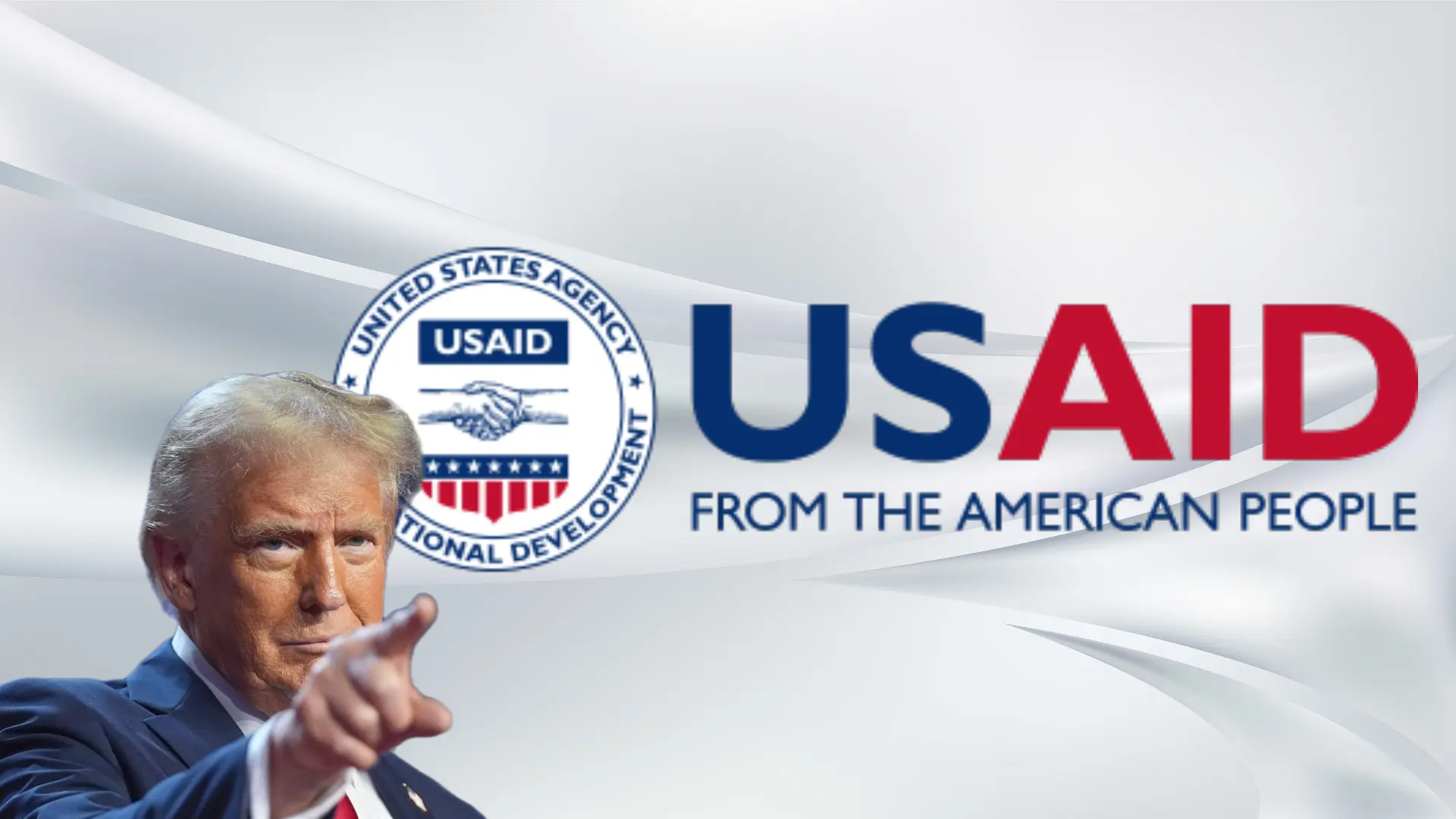

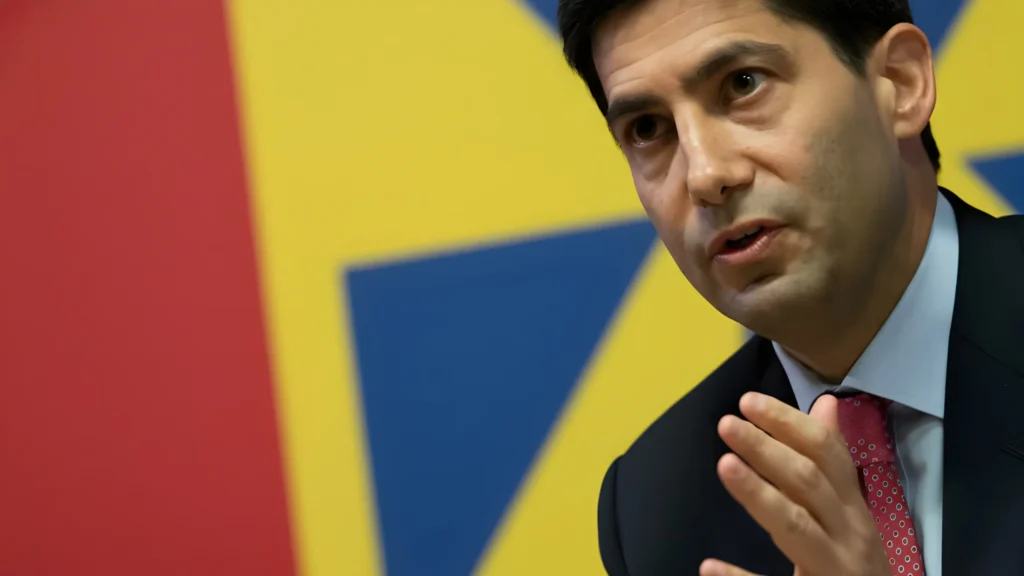
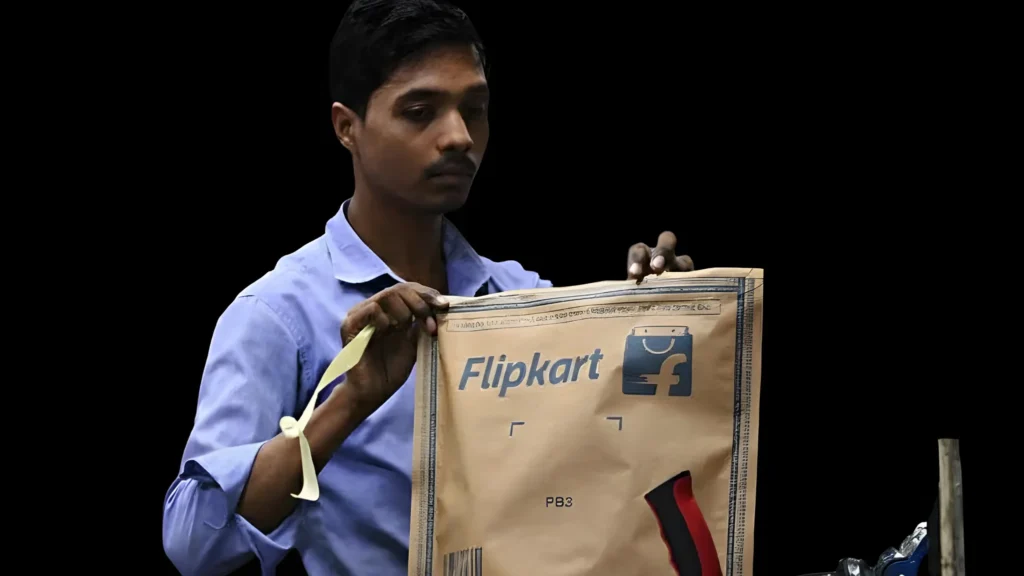
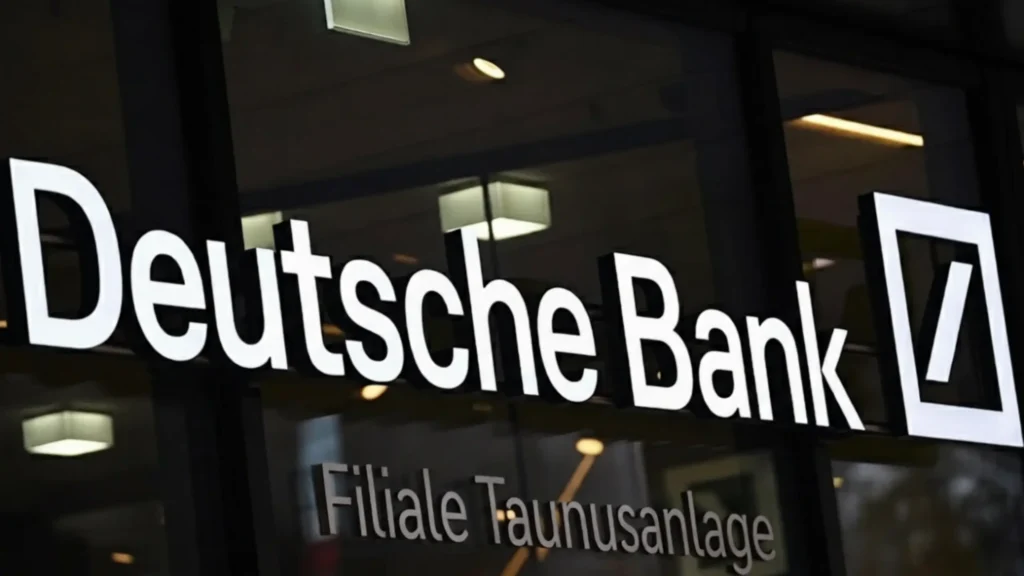
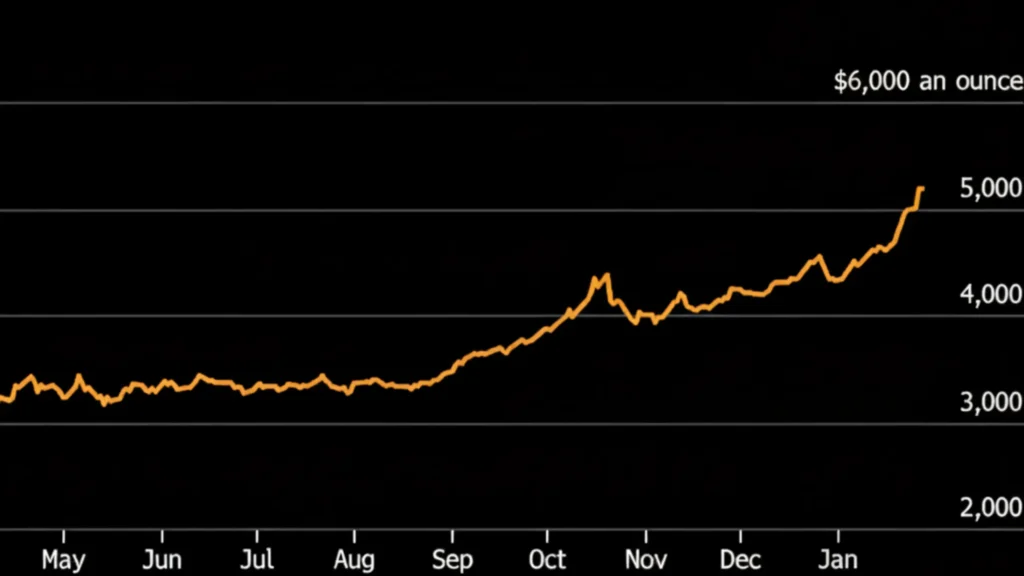
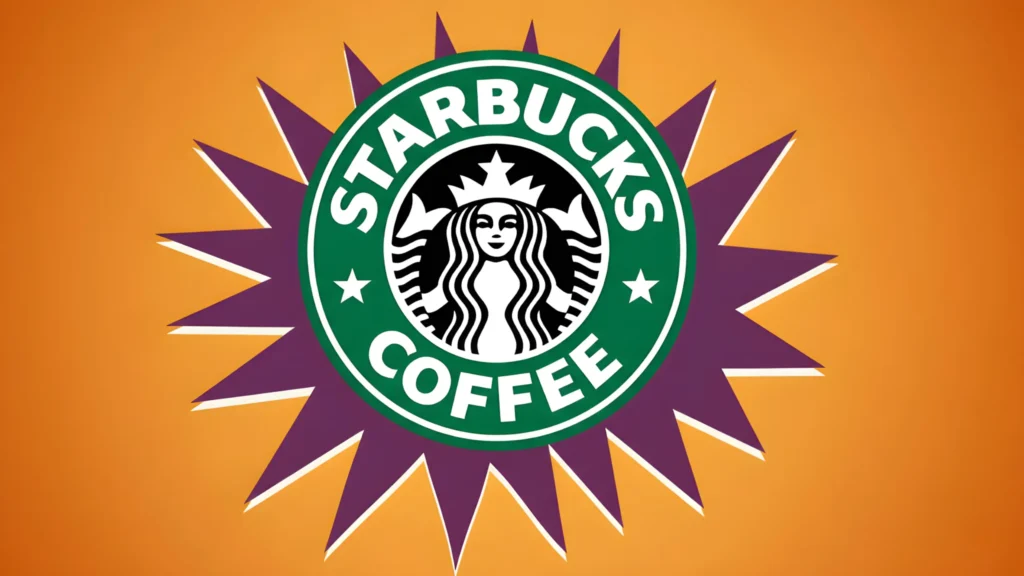
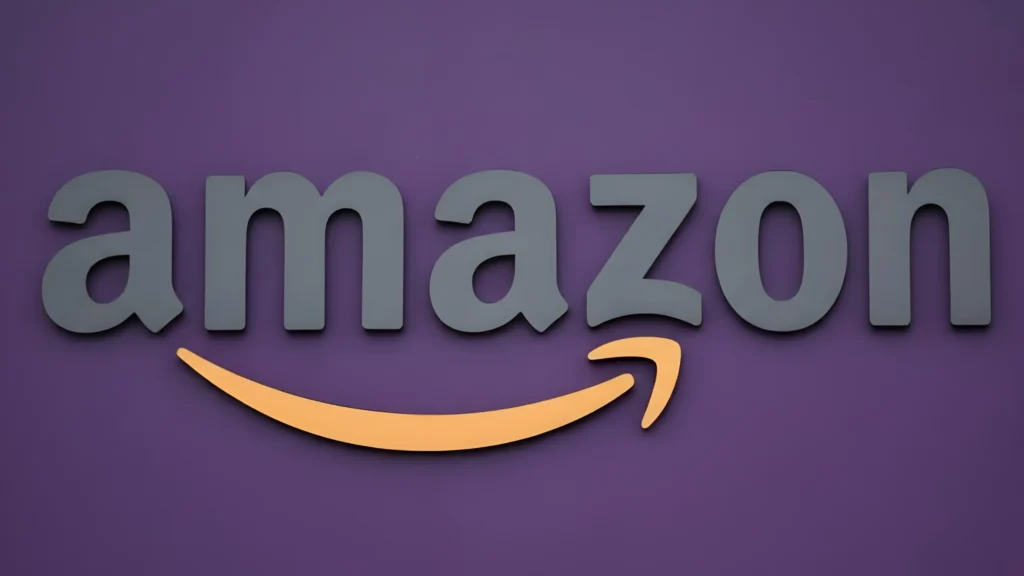


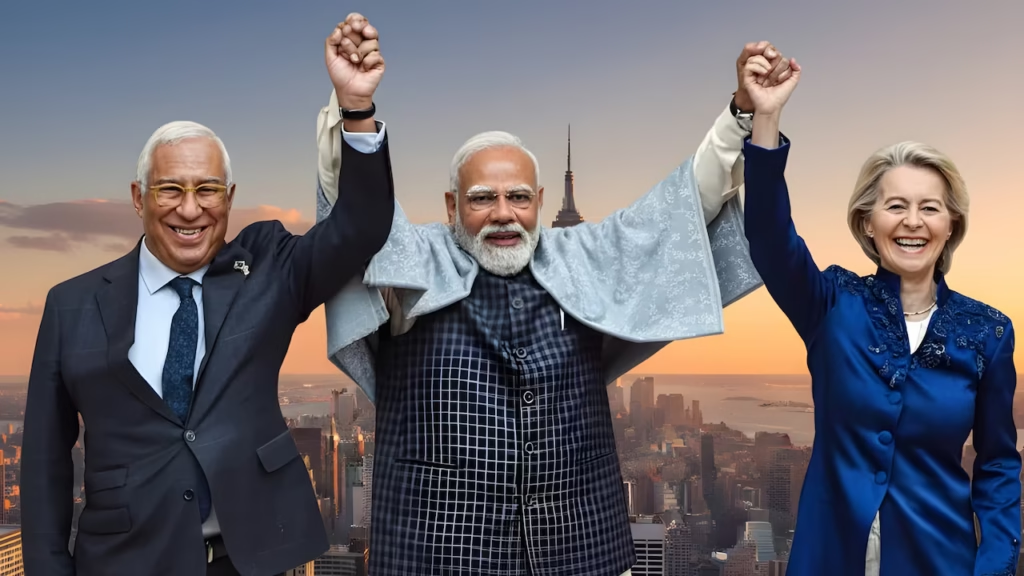
Leave a Reply